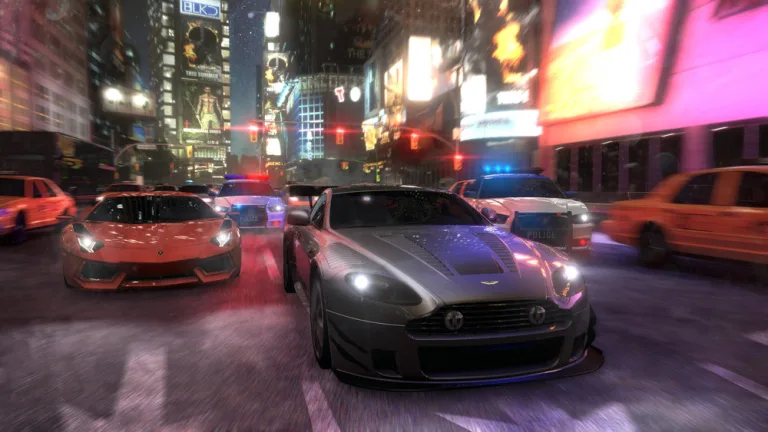The Tekken franchise has long been a cornerstone of the fighting game community, evolving from its humble...
Day: April 10, 2025
Ubisoft, the renowned French video game publisher, has recently found itself at the center of a legal...



